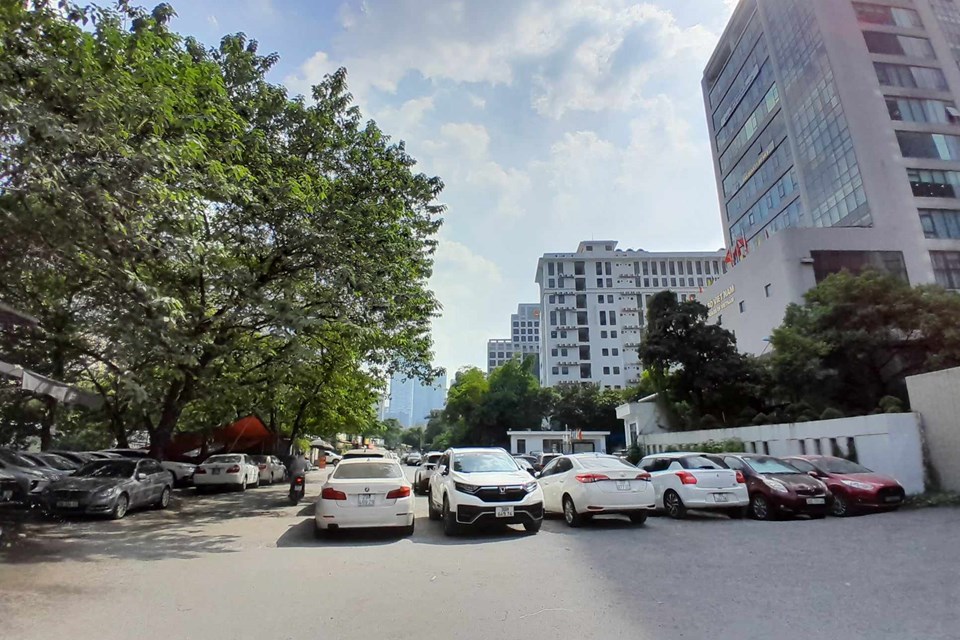
A business in Hung Yen reflects: My business is operating in the field of automobile manufacturing and assembly.
Our debts at the bank are overdue. The collateral for the debt is a batch of finished, unused trucks (the assets have been registered for secured transactions in accordance with regulations).
In case we are authorized by the bank to sell assets to repay the bank, are the cars subject to VAT? What procedures does the business need to complete to be able to issue invoices in accordance with the law?
Responding to this issue on November 3, the Ministry of Finance said that Clause 3, Article 1 of Circular No. 26/2015/TT-BTC dated February 27, 2015 of the Ministry of Finance guiding the implementation of the Law on Value Added Tax and Decree No. 209/2013/ND-CP dated December 18, 2013 of the Government detailing and guiding the implementation of a number of articles of the Law on Value Added Tax stipulates the following subjects not subject to VAT (value added tax):
Sale of collateral for loans by credit institutions or enforcement agencies or by the borrower himself/herself under the authorization of the lender to repay the secured loan, specifically.
The loan collateral sold is the collateral belonging to the secured transaction that has been registered with the competent authority in accordance with the provisions of law on registration of secured transactions.
The handling of loan collateral is carried out in accordance with the provisions of law on secured transactions.
In case the debt repayment period expires, the person with secured assets is unable to repay the debt and must hand over the assets to the credit institution so that the credit institution can handle the loan collateral in accordance with the provisions of law. The parties shall carry out the procedures for handing over the secured assets in accordance with the provisions of law and shall not be required to issue a value-added tax invoice.
In case a credit institution receives collateral to replace the performance of debt repayment obligations, the credit institution shall account for the increase in value of assets serving production and business according to regulations.
When a credit institution sells assets for business purposes, if the assets are subject to VAT (value added tax), the credit institution must declare and pay value added tax according to regulations.
For example, in March 2015, enterprise A is a business establishment that pays VAT according to the deduction method, mortgages production lines, machinery and equipment to borrow capital from bank B, the loan term is 1 year (the repayment deadline is March 31, 2016).
By March 31, 2016, enterprise A is unable to pay its debt and must hand over its assets to bank B. When handing over its assets, enterprise A does not have to issue an invoice. Bank B sells the assets securing the loan to recover the debt, so the assets sold are not subject to VAT.
In case the automobiles are collateral for debts that have expired, the person with collateral is unable to repay the debt and must hand over the property to the credit institution so that the credit institution can handle the collateral for the loan according to the provisions of law, the parties shall carry out the procedures for handing over the collateral according to the provisions on secured transactions and shall not be required to issue a VAT invoice.
However, if the reader's business is authorized by the bank to sell a car as collateral for a loan to repay the bank that is not subject to the provisions of Clause 3, Article 1 of Circular No. 26/2015/TT-BTC dated February 27, 2015 of the Ministry of Finance mentioned above, it must issue an invoice and declare and pay output VAT according to regulations.
Source


![[Photo] Prime Minister Pham Minh Chinh chairs a meeting on the implementation of the Lao Cai-Hanoi-Hai Phong railway project.](https://vphoto.vietnam.vn/thumb/1200x675/vietnam/resource/IMAGE/2025/5/20/0fa4c9864f63456ebc0eb504c09c7e26)










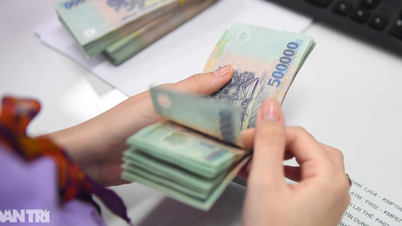

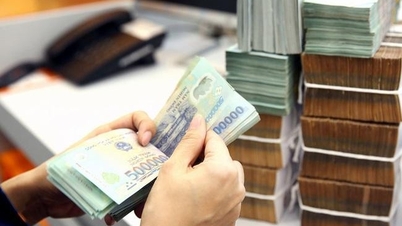





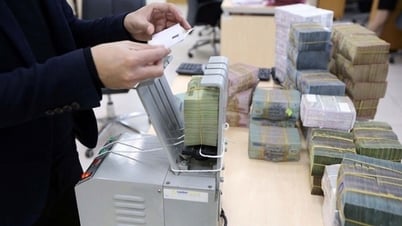
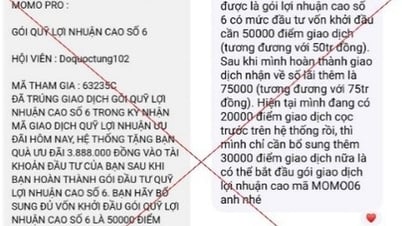

































































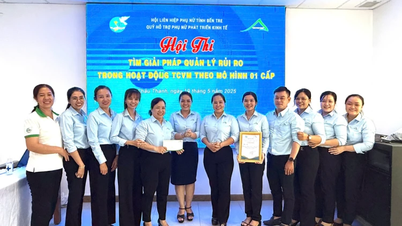















Comment (0)